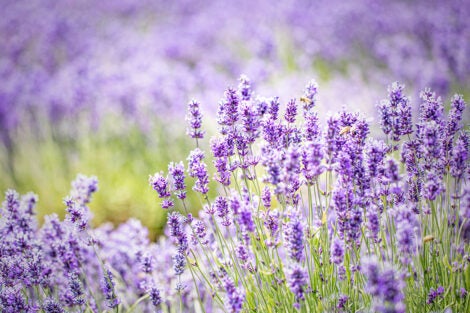May 23, 2024 – A group of scientists has proposed a framework for expanding research into how odors and scents from natural settings impact human health and well-being.
The proposal was outlined in a May 15 paper in Science Advances. First author was Gregory Bratman, a University of Washington assistant professor of environmental and forest sciences and a JPB Environmental Health Fellow at Harvard T.H. Chan School of Public Health. Co-authors of the paper included John Spengler, Akira Yamaguchi Professor of Environmental Health and Human Habitation and director of the JPB fellowship program, and Nancy Long Sieber, adjunct lecturer on physiology.
Bratman and colleagues—experts in olfaction, psychology, ecology, public health, atmospheric science, and other fields—outlined ways to build on evidence showing that nature can lift well-being by affecting emotions, influencing thoughts, reducing stress, and improving physical health, according to a May 15 Medical Xpress article. Previous studies have focused on how people feel seeing nature; the researchers now want to better understand the role of nature’s odors and scents in health and well-being.
In the paper, the authors offered an overview of what’s known about how the human sense of smell—a complex system with the ability to detect more than one trillion scents—interacts with the steady stream of chemical compounds released by nature, such as volatile organic compounds, or VOCs.
Beyond calling for expanded research on the connection between nature’s scents and odors and well-being, the authors also recommended more studies aimed at investigating how human activity such as pollution or habitat reduction alters or destroys nature’s “olfactory footprint.”
Read the Medical Xpress article: Scientists want to know how the smells of nature benefit our health
Read the paper: Nature and human well-being: The olfactory pathway
Photo: iStock/Pez Photography
